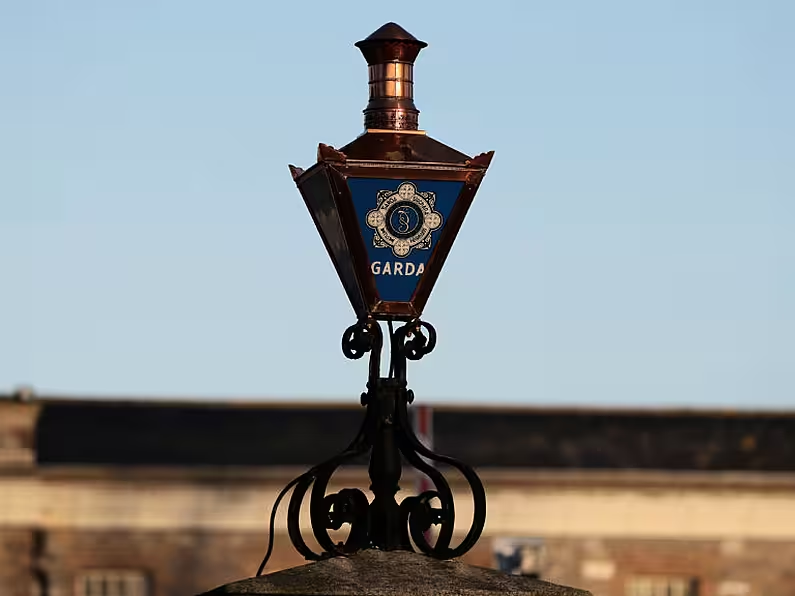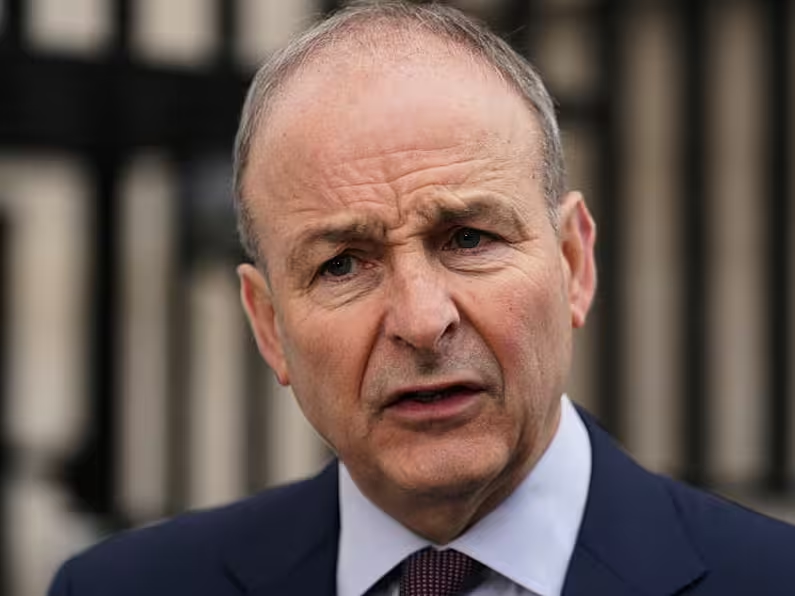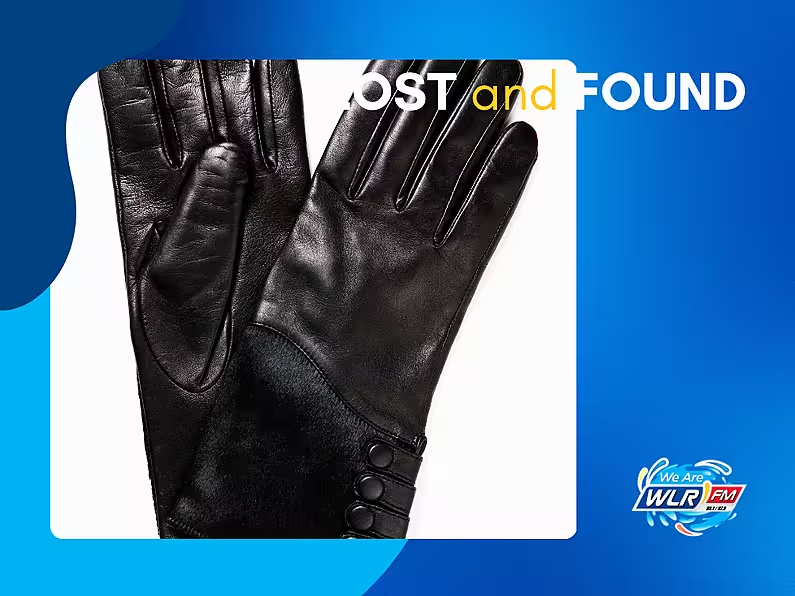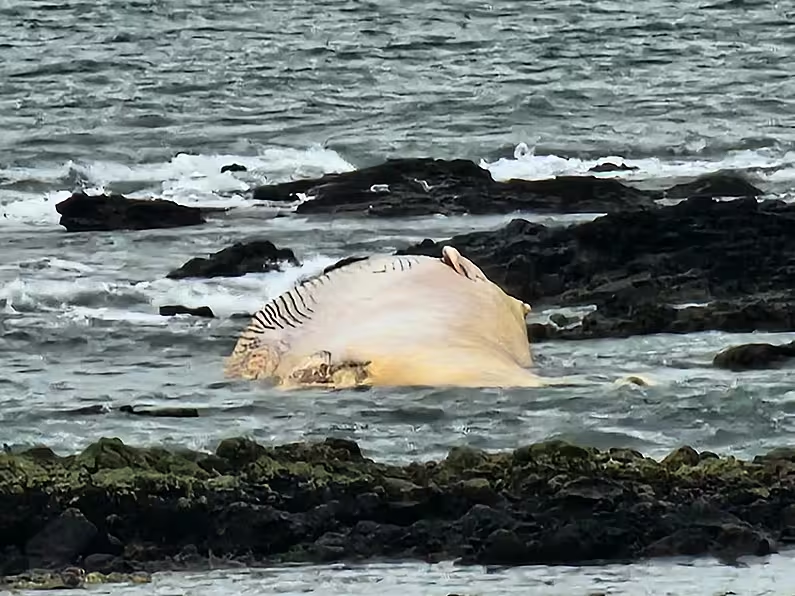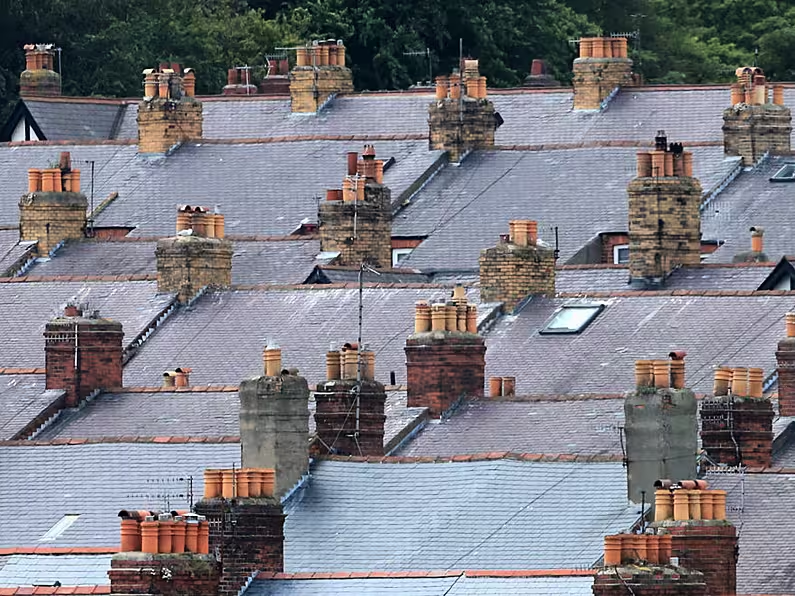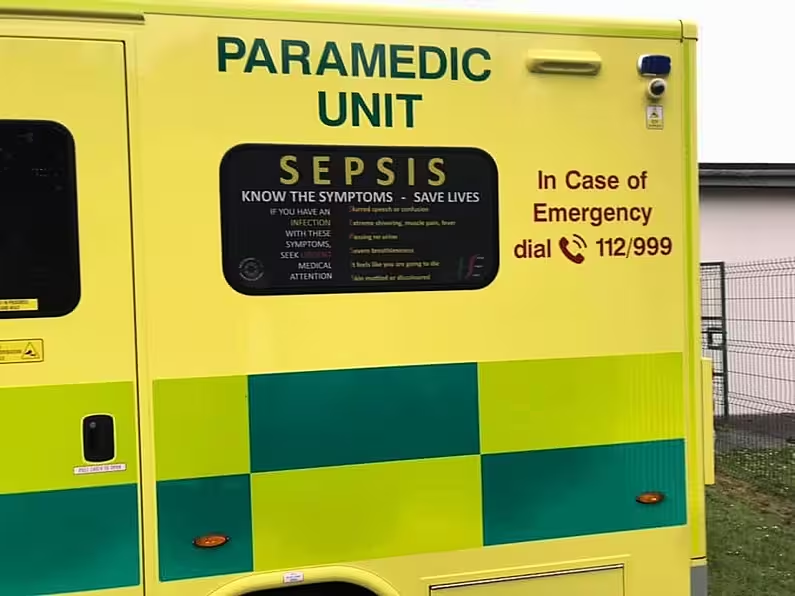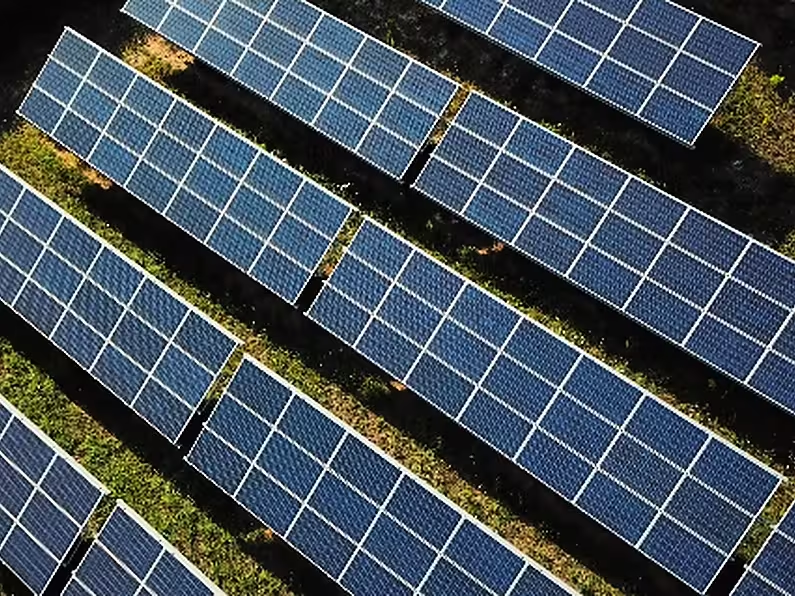By Cillian Sherlock, Cate McCurry and Gráinne Ní Aodha, PA
Sinn Féin are to “dust themselves down” after early indications showed the party has not had the result it had hoped for in the local elections.
It comes after the Minister for Public Expenditure said the expectation that Sinn Féin would be in the next government has been “shattered” by early indications in the local elections.
Ireland’s main opposition party faces a tough local election battle over the weekend, after Government parties Fianna Fáil and Fine Gael appeared on Saturday to have polled strongly.
A day after voters headed to the polls in three highly anticipated elections, the ballot boxes were opened at 9am on Saturday and counting began in the local elections.
Irish voters will elect almost 1,000 new councillors, 14 members to the European Parliament and, for the first time, one city’s citizens were asked to pick their mayor.
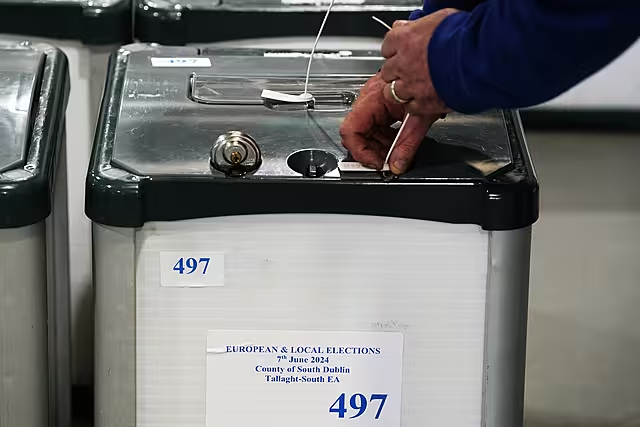
Tally indications show a surge in the Sinn Féin vote has not materialised in the local elections, while the Government coalition parties are welcoming early results.
Despite winning 24.5 per cent of first preference votes in a historic result in the 2020 general election, and hovering above 30 per cent in opinion polls for a long time, the fate of many of its candidates are now expected to depend on transfers.
Despite this, Sinn Féin is expected to still make some gains on the 2019 election, where it won around 9 per cent of first preference votes and 81 council seats out of 949.
Sinn Féin TD for Donegal Pearse Doherty told RTÉ’s Six One programme that it will make gains in some counties, but would have to “dust themselves down” and look at “the lessons that can be learned”.
Its Cork North Central TD, Thomas Gould, said that the party still has a chance of increasing its seats across Cork city and county.
“It’s just that we don’t know how much yet,” he said at the Cork City Hall count centre, adding that despite poor turnout in some core areas, “we’re hopeful”.
Tánaiste Micheál Martin argued that his Fianna Fáil party had performed “far better” than predicted, while public expenditure minister Paschal Donohoe said the results so far showed Fine Gael was not a spent political force.
Finance Minister Michael McGrath said there had been “no massive breakthrough” for the far right in the Irish elections, despite concerns raised during the campaign.
“The early tallies show that there is a large majority of people who are willing to vote in a very different way to how extremists and the far right will make the case for,” Mr Donohoe said.
“I think there is a very compelling narrative to be made – at a very early stage in this – that Fine Gael has been successful in getting out its votes, that our campaign has made a difference, and that the approach of the Government parties has been recognised by voters.”
Despite the strong showing for government parties so far, ministers stuck to the line that the coalition government would “go the full distance” to February or March before a general election is called.
Asked about Fine Gael’s performance compared with Sinn Féin, Mr Donohoe said: “Overall, the portrayal that some have offered of Fine Gael as a tired party – that narrative, that claim, has been shattered by the results that we’re seeing potentially coming through at the moment.
“And the other narrative that there’s anything inevitable about Sinn Féin being in government – that’s been shattered too.”
Mr Martin said the focus would be on putting together a budget for October as his party looked to win an MEP seat in the Midlands-North-West constituency for the first time in 15 years.

“The idea that Fianna Fail would be coming in a distant third is completely disproven,” the Tanaiste said.
“I’ve been looking at opinion polls now for the last three years. This ‘internet panel’ polling having Fianna Fail at 14% and 15% – clearly Fianna Fail will be well ahead of that and will be over 20% by the time all of these counts are collated and put together.
“We put up a very robust performance and we’re holding our own compared to our performance in the general election of 2020.”

The full results of the elections will take days to be finalised due to Ireland’s system of proportional representation which allows voters to rank every candidate in each race by order of preference. The process means ballot papers are sorted and counted multiple times by hand.
Counting in the European elections will not begin until Sunday morning and the results of the first tally will not be declared until after 10pm due to ongoing voting in other EU states.
Irish politics is currently dominated by a housing crisis, the cost of living and migration.
The coalition partnership of Fine Gael, Fianna Fáil and the Green Party has been battling criticism domestically and on the continent over other issues including climate action, agriculture policy and defence cooperation in the EU.
The polls will provide political parties with evidence of voter sentiment, having had to wait more than four years since the last nationwide elections.
They are also an indicator of how new Fine Gael leader and Taoiseach Simon Harris is faring, having assumed the roles around eight weeks ago after the shock resignation of Leo Varadkar.

While the count for the European elections has not officially begun, the segregating of the ballot papers allowed observers to get a sense of which candidates are performing well.
In Dublin, incomplete tallies by noon suggested Fianna Fáil’s Barry Andrews and Fine Gael’s Regina Doherty were leading.
Green Party incumbent Ciarán Cuffe, Independent Ireland candidate Niall Boylan, Labour representative Aodhan Ó Ríordáin and Sinn Féin hopefuls Daithi Doolan and Lynn Boylan will be fighting over the remaining two seats.
Mr Cuffe was asked if he believed he could stay ahead of Mr Ó Ríordáin and Social Democrat Sinead Gibney, the at-risk MEP added: “For the wildebeest, you just have to stay ahead of the lion.”
In the South constituency, Fine Gael’s Sean Kelly and Fianna Fáil’s Billy Kelleher are considered to be in contention for re-election.
Sinn Féin will be hoping to regain a seat in the region with Kathleen Funchion, while Independent TD Michael McNamara is predicted to take the fourth seat.

In Midlands-North-West, there were reports of strong support for Fine Gael’s incumbent Maria Walsh and her running mate Nina Carberry.
Fianna Fáil’s Barry Cowen, Independent Ireland candidate and former RTÉ correspondent Ciaran Mullooly and Independent MEP Luke “Ming” Flanagan have also polled well in some regions across the vast constituency.
In the south west, voters in Limerick city and county had the opportunity to directly elect a mayor with executive powers on long-term strategic planning.
A cross-party tally from midday indicated that Independent candidate John Moran, a former secretary general at the Department of Finance, was in the lead with around 25 per cent of the votes, with Independent candidate Helen O’Donnell in second place.





